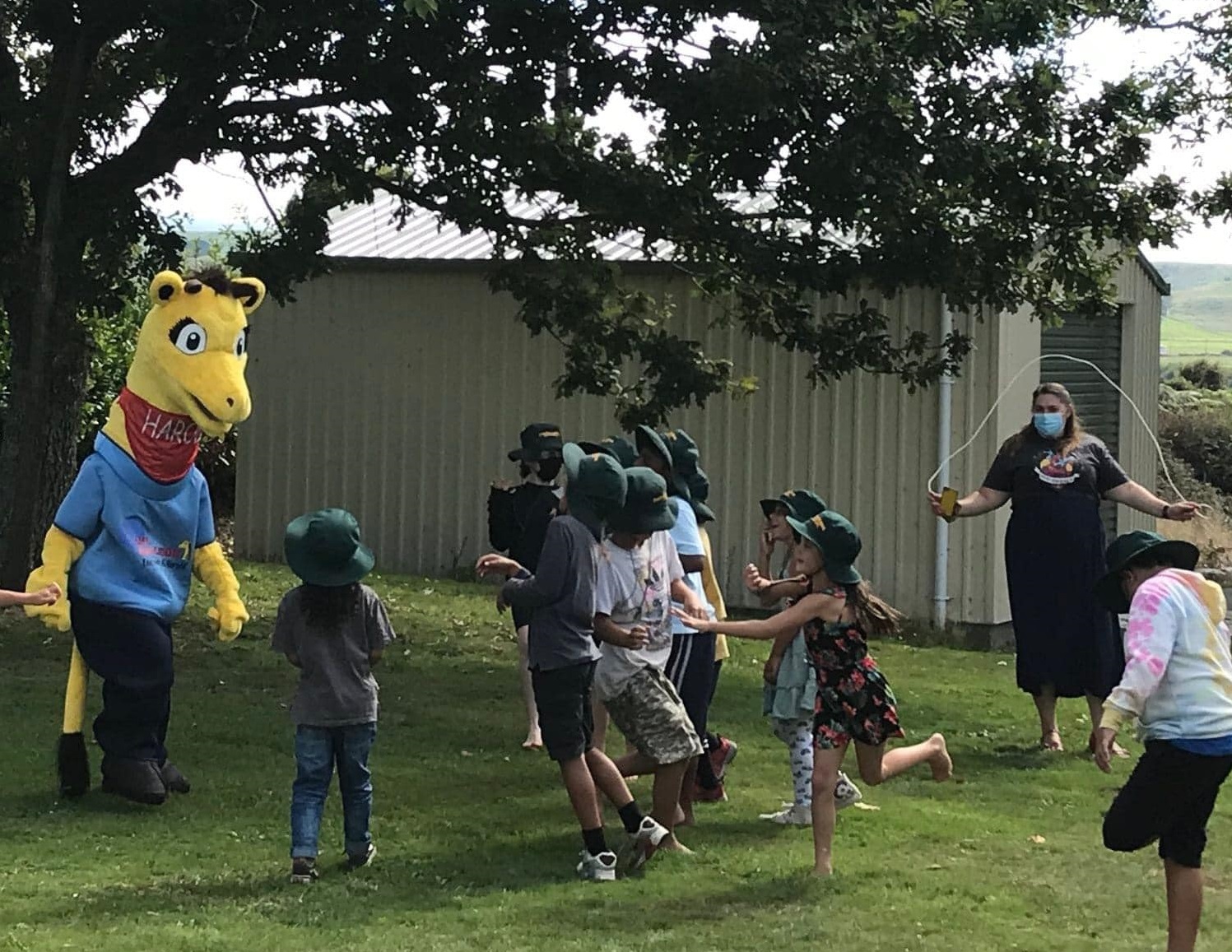Guidance for teachers as they deal with the impact of extreme weather events
 |
The start of 2023 has been unexpected for many with extreme weather events, and the lingering impacts of COVID. Tamariki and rangatahi living in those areas effected by weather and flooding will be faced with all sorts of emotions and questions. It’s also important to think about what young people across the country may be feeling as they watch the news, listen to adults talking, and engage in social media. |
At Life Education we’ve been working on practical strategies and learning resources that might help with conversations in the classroom, and understanding and guiding those students who show signs of anxiety. Our online toolbox of resources provides some guidance of where to start, and how best to offer support strategies and advice. Have a look at our resource page and simply type the words in bold below for reference.
An insight from our Educators after the Christchurch earthquakes was that students were happy to return to the classroom in the short term. Being back at school gave them a sense of somewhere safe with routine. It was only in the months ahead that the topic of resilience and coping strategies came up at schools.
Here’s some insights – there’s plenty more online so do check them out.
Resilience is about being able to adjust to changing circumstances, and to respond in a positive way. We know that resilient people can handle change and think of ways to solve problems that happen in their lives. It’s helpful for students if we can encourage them to build positive relationships. Having people around them who are supportive and encouraging – whether they are parents, friends, uncles or aunts, teachers, or youth leaders. This means they have trustworthy people to go to when they need help and advice.
Stress is the way the body makes someone feel as they respond to events in their lives. This can be an ongoing experience for young people today as they face both internal and external influences and incidents. Letting a young person know they can ask a trusted person for help when they need it, can be helpful. As can suggesting they do something every day that helps them to relax. It is also good to talk about having a positive attitude, to think calmly, and to remember that everybody feels stressed at times.
Grief is the word we use for the way we feel when we are trying to cope during a time of loss or change in our life. There are many types of loss - perhaps someone has died, or a major event has happened like the recent floods. Often young people need to be told it’s not their fault, and to be kind and gentle with themselves. It’s also good to reassure and get them to understand that it is okay to enjoy playing with friends, and to feel happy.
If you’re looking for some more in-depth workshops, Life Education is also offering teachers online workshops facilitated by Cat Levine to share practical tips and help develop strategies to help students suffering from anxiety. Register here
